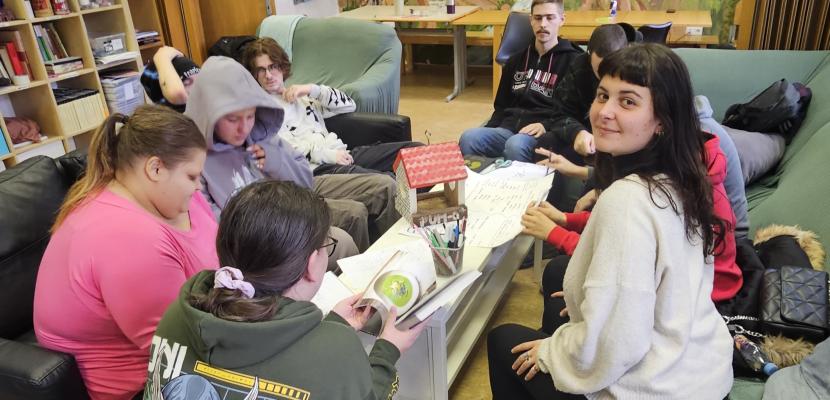
Personalized Support for NEETs in Project Learning for Young Adults (PLYA)

About this good practice
The Slovenian Institute for Adult Education developed this program to provide a holistic approach to addressing school dropout. It offers tailor-made training for each participant, assessing their unique needs and creating an individualized career plan focused on continuing education or entering the workforce, supported by ongoing mentorship, external guidance, and regular progress monitoring. The program is an intermediate step for young people who have dropped out of the education system but are not yet ready for the labour market.
The program applies four different methods:
1) Personal learning projects: Personalized learning with tailored goals for education and personal development.
2) Common learning projects: Group projects that enable participants to acquire key competences, practical skills, inter-personal and socio-emotional competences, and are shared with the community.
3) Activities of interest: Workshops in fields like music, cooking, and technology that expand participants’ interests, and broaden their horizons with new opportunities.
4) Production work: Hands-on experience in various professions, focusing on work organization, process planning, role distribution, and a sense of responsibility.
A strong focus is placed on socio-emotional strengths, cooperation, diversity, and inclusion, allowing participants to show their strengths. They also have the opportunity to co-create the program, with methods adapted to the needs of each group.
Expert opinion
Resources needed
The PLYA practice is funded from EU and state budgets (80% EU, 20% state). Human resources include expert youth mentors trained through a 92-hour in service program, with ongoing annual refresher courses. Resources depend on number of participants.
Evidence of success
The results of the PLYA program from the Final report (2016–2023): 3067 participants (15–26 years), employment rate: 9.7%, and enrollment in education: 11.2%. A 2021 internal evaluation showed improvements in self-confidence and social integration, with 100% of participants finding the program beneficial. Previous evaluations (2002, 2009-2010) highlighted the program's role in encouraging education completion, career support, and social integration, with positive feedback from mentors.
Potential for learning or transfer
The practice offers significant potential for learning and transfer due to its adaptable, project-based learning approach and well-structured yet flexible program design. Its openness can be customized to various regional and cultural contexts. The program’s success lies in its personalized, needs-based support for NEETs, making it applicable across different settings. For a successful transfer, institutions are advised to maintain a low mentor-to-participant ratio, ensure continuous funding, and foster strong inter-sectoral cooperation. Although no direct transfers have occurred, the program has received European recognition, highlighting its potential for broader application. The principles of social constructivism and relational dynamics underpin the program are universally applicable, making it scalable to other regions and countries.
